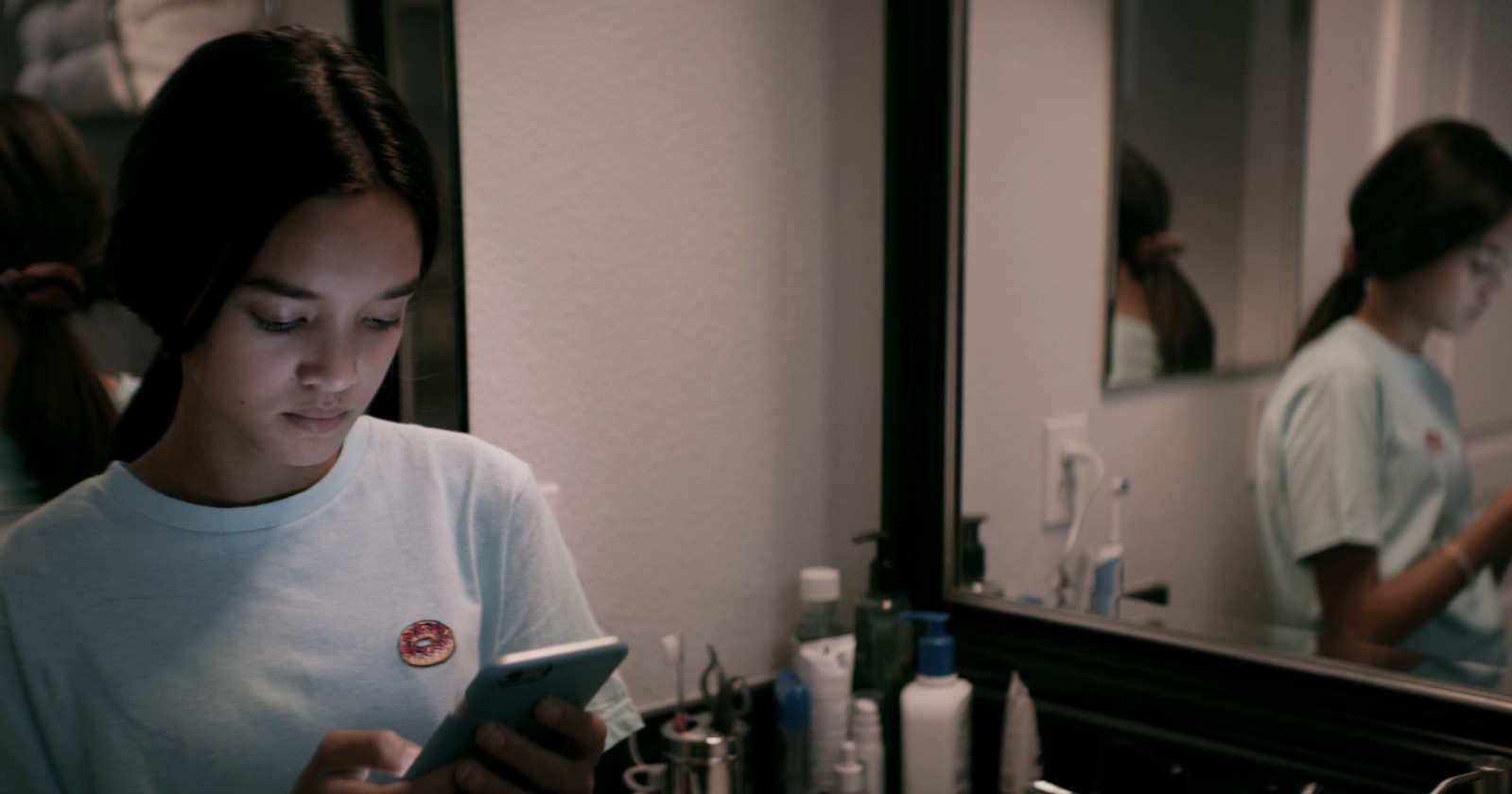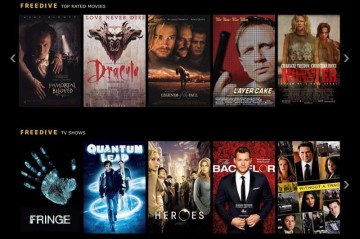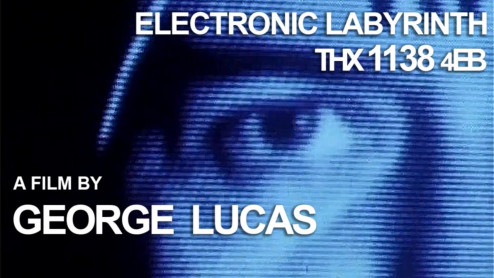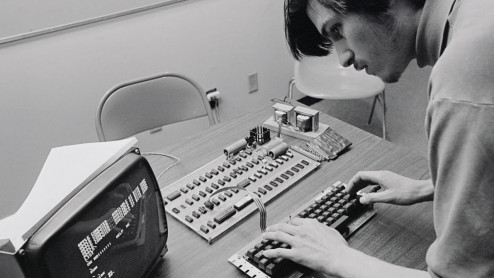
Overusing Technology Does Not Have a Negative Impact on Teen Mental Wellbeing, Researchers Claim06.05.2021
The Oxford report reveals that the widespread demonization of social media as leading to depression, suicidal ideation, and behavioral issues has little actual basis in fact.
The rapid development of new communications technologies, which made broadband access quick and easy, has long been of interest to cognitive scientists and psychologists, especially in their pursuit of establishing whether screen time and social media exposure is deleterious to our wellbeing. As they continue to dig into questions such as addiction to scrolling and social media platform-driven formation of negative behavior patterns, the academic debate over these issues continues to produce few if any unanimous conclusions—research efforts yield contradictory results, while the pandemic has reshaped the landscape to such an extent as to make drawing consistent, reproducible conclusions impossible.
Technology and its impact on overall mental wellbeing has been the subject of a recent sweeping, longitudinal study conducted by a team from the Oxford Internet Institute headed by Professor Andrew Przybylski. Working from a data set collected from over 430,000 US and UK teenagers, the researchers sought potential correlations between more screen time in front of smartphones, computers, and TV sets and adverse emotional outcomes (manifested in the form of depression of suicidal ideation). Responses were compared to answers collected in past nationwide surveys, some of which were launched as far back as 1991.
Published in Clinical Psychological Science, the results of the study proved that were was little proof that the expected correlation actually existed, thus reaffirming that the belief in the damaging impact of too much screen time had no concrete scientific basis. At the same time, Professor Przybylski declared that the conclusions of the study are too ambiguous to bring about any genuine legal or systemic changes.
Editorials published by BBC and Forbes point out, however, that the Oxford Internet Institute study did not venture deep enough into teenagers’ online lives—while the researchers established the specific amount of screen time, little to no attention was given to the content of websites the teens frequented or specific apps they used. “We know that screen time is not the main driver of mental illness, but dangerous online content can have an enormous impact on young people and their mental health,” said Dr. Bernadka Dubicka of the Royal College of Psychiatrists.
see also
- Geomagnetic Storm May Cost SpaceX 50 Starlink Satellites

News
Geomagnetic Storm May Cost SpaceX 50 Starlink Satellites
- Marysia Makowska: Advocate for Imperfection
 Papaya Films
Papaya FilmsPeople
Marysia Makowska: Advocate for Imperfection
- IMDb Joins Forces with Amazon to Release New Streaming Platform

News
IMDb Joins Forces with Amazon to Release New Streaming Platform
- Toto’s Africa to Play on an Endless Loop at a Desert Installation
News
Toto’s Africa to Play on an Endless Loop at a Desert Installation
discover playlists
-
Paul Thomas Anderson
 02
02Paul Thomas Anderson
-
George Lucas
 02
02George Lucas
-
 03
03 -
filmy
 01
01filmy
